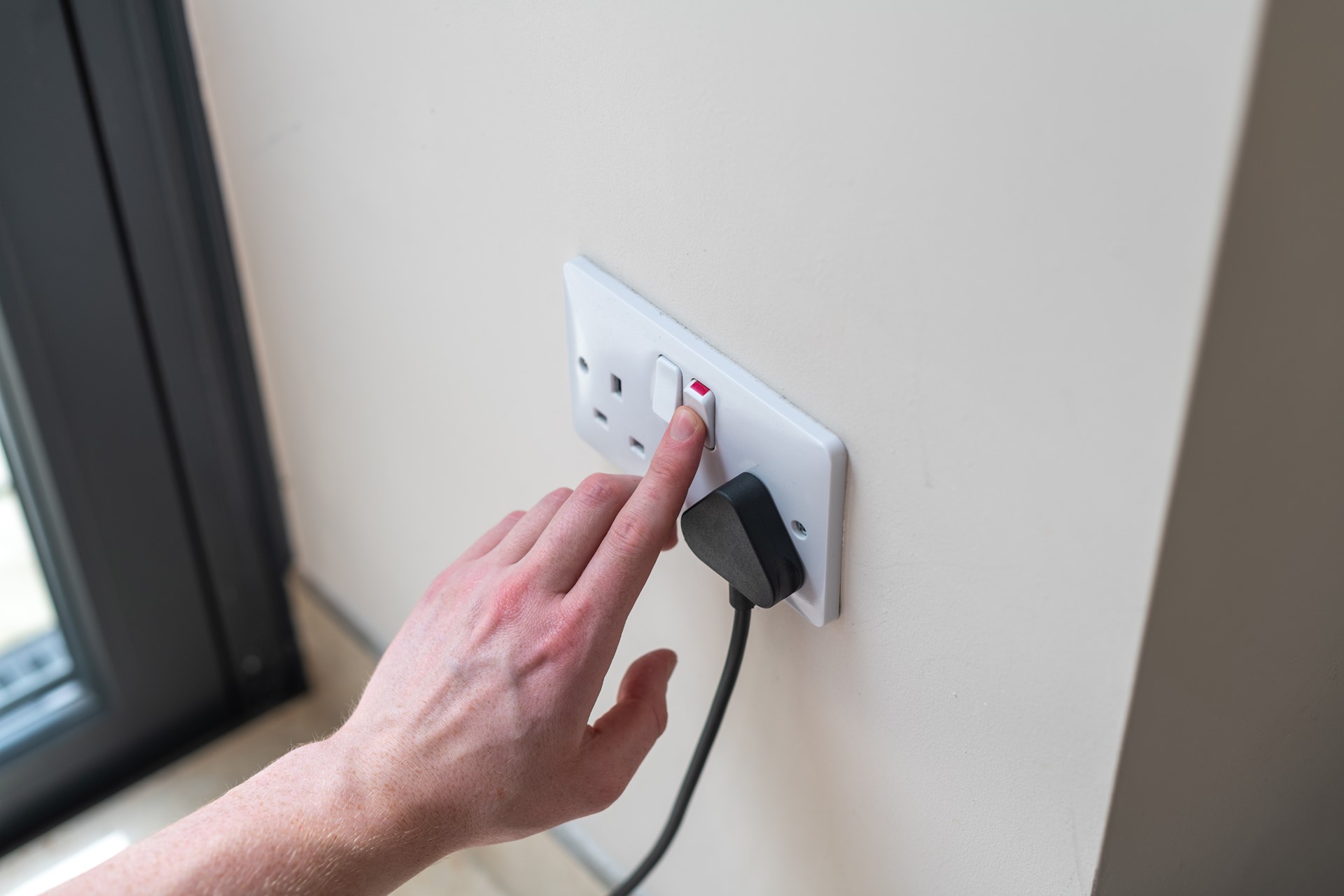Are we ignoring energy efficiency in the climate debate?
23 October 2019

23 October 2019

A new campaign supported by the University of Salford aims to highlight the ‘glaring absence’ of energy efficiency in media and social media conversations about climate change.
The #missingpiece campaign highlights the need to increase the recognition of energy efficiency as a vital tool for tackling climate change, after research found that less than 3 per cent of all media and social coverage of climate change in the last two years make any mention of it.
Energy efficiency was mentioned 466 times in Parliament over this period, but just 0.27% of MPs’ tweets highlighted the topic, while a mere 0.12 per cent of the public’s 3.2 million Twitter posts about climate change referenced it.
If every household took action on energy efficiency now, experts estimate the UK could achieve 11 per cent of its carbon targets.
The campaign - launched by smart meter initiative Smart Energy GB, the University of Salford and the Energy Saving Trust, and supported by TV presenter Chris Packham - calls on politicians, the media and the public to talk more about energy efficiency.
“Never before has the climate and environmental emergency been on so many people’s lips. Having campaigned for many environmental issues, I know the impact that TV programming, public debate and media coverage can have on awareness levels and positive behaviour change,” Chris Packham explained.
“Now we’re calling on politicians, the media and the public to help fill in the missing piece by including energy efficiency in the climate change debate. But talking alone is not enough. One small step we can all take today to become more energy efficient, individually and as a nation, is by getting a smart meter installed – they’re the foundation of a smart energy system.”
Dr Richard Fitton, research lead at the University of Salford’s renowned Energy House said: “Our research has shown how people can make positive changes to climate change by taking small steps in their home.
“We have carried out many in-depth studies on energy saving technologies in controlled conditions and out in the field. These contribute to the large amount of evidence which supports the fact that energy efficiency measures are key to delivering on our carbon targets. One of the ways we can make better decisions about energy efficiency in our homes is through a smart meter.”
For more information, visit www.smartenergygb.org/missingpiece.
Share